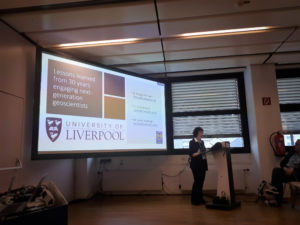
At Liverpool, courses for A-level geology teachers have now been running for more than 30 years and the University of Liverpool is now recognised as a UK leader this field. During April this year Maggie and Lis attended the European Geosciences Union General Assembly in Vienna where they shared their experiences developing training and open-source learning materials with an enthusiastic international audience. They gave an oral presentation in session EOS4.1 ‘Communication and Education in Geoscience: Practice, Research and Reflection’.
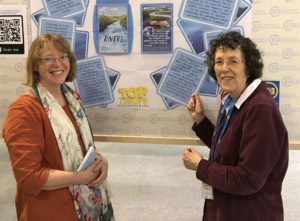
The secondary education teaching landscape continues to change in the UK, and in her presentation, as part of the session on Communication and Education in Geoscience, Maggie stressed how higher education institutions can play an important role in supporting UK teachers. By providing innovative resources based on the most up-to-date research, H.E. institutions support A-Level geology teaching and help teachers prepare and deliver new & exciting courses for their students.
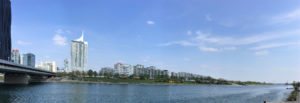
One of the two reasons why Liverpool has been so successful in providing such support for A-Level geology teaching has been the recognition that sessions and resources need to be relevant and focused at an appropriate level. The second main reason is understanding that this work is an on-going process in which it’s essential to maintain strong links not only with teachers and their students but also with the examining bodies and the changes in the A-level curriculum.
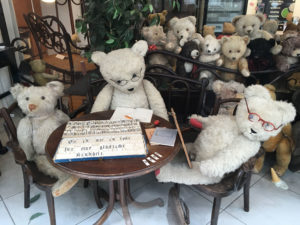
Provision of open-source materials to support teaching away from the training courses was of considerable interest to the audience. The audience was also interested in how our teachers’ training courses provide opportunities to organise visits with A-level and GCSE classes so researchers at Liverpool can meet and directly support our next generation of geoscientists. Visits have proved to be highly popular and have included whole class extension teaching sessions. In these sessions, groups use the state-of-the-art equipment in our world leading teaching laboratories and this is seen as a great bonus by visiting schools.
EGU provided an excellent opportunity to share experiences with international workers in outreach and public engagement – and Maggie and Lis came away from the conference with new ideas for additional enrichment activities, as well as some wonderful new contacts in the geoscience communication world.


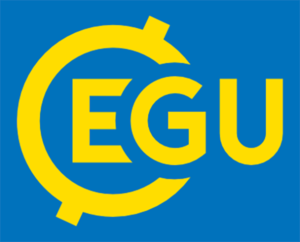
Leave a Reply